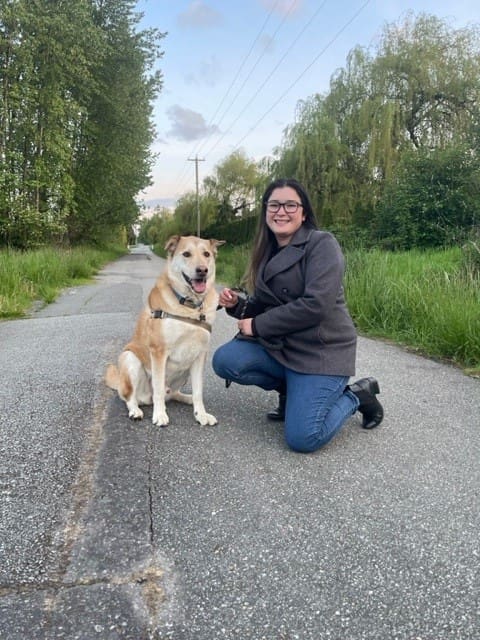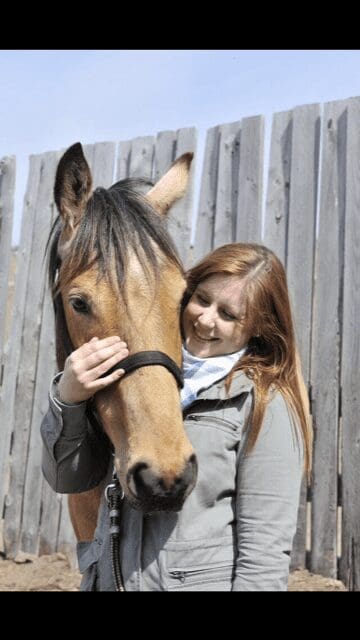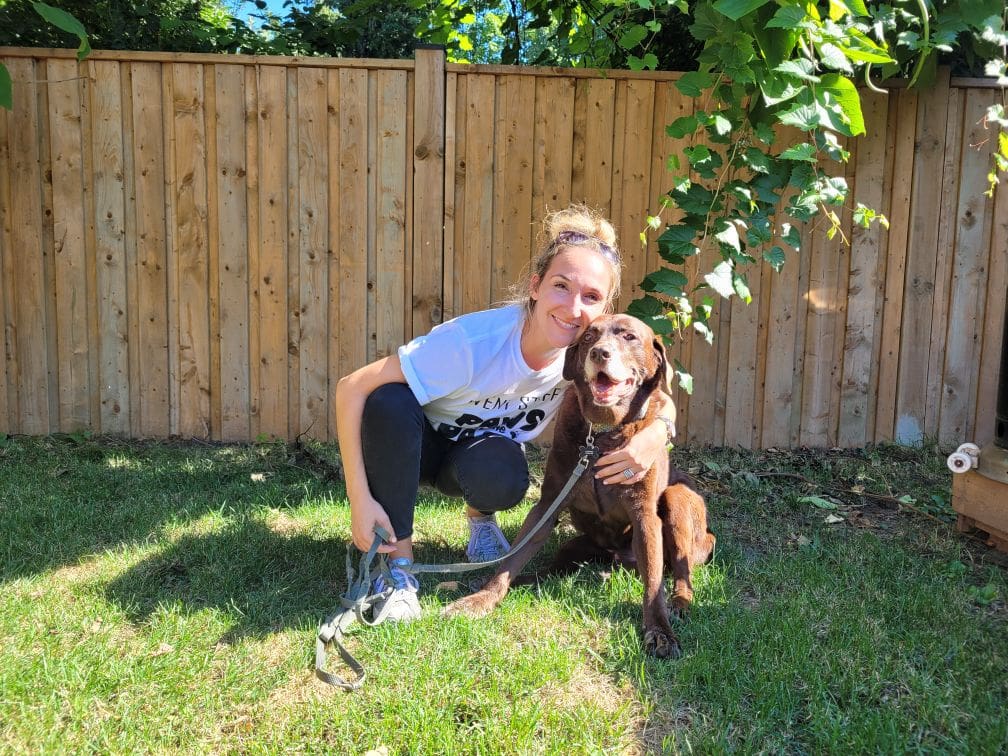Find out how veterinary social work could change animal services…
During the 40-minute discussion, panelists will explore topics including:
- What is veterinary social work, and how does it differ from traditional social work?
- How can working with a veterinary social worker benefit organizations in the animal services industry?
- How can collaboration between sectors help to combat burnout and compassion fatigue?
- How can a veterinary social worker help organizations implement trauma-informed practices?
- What are some challenges or barriers that organizations might face when incorporating veterinary social work into their practices, and how can they overcome them?
The final 20 minutes of the webinar will be dedicated to audience questions, ensuring an interactive and engaging experience for all participants. Attendees who stay until the end will have the opportunity to enter a giveaway prize draw.
Don’t miss this chance to discover how veterinary social work could change animal services, and to explore the possibilities for collaboration between human services and the animal services industry. Register now to secure your spot and contribute to the well-being of animals, workers, and organizations alike.
Meet the panelists
Natalie Cruz
Boundary Bay Veterinary Specialty Hospital
Natalie has been a veterinary social worker at Boundary Bay Veterinary Specialty Hospital for more than a year. A lifelong animal lover, she has her Masters of Social Work and has more than 10 years experience in the social services field using skills such as crisis intervention, grief & loss support, difficult diagnosis conversations, end of life discussions, safety assessments, psychoeducation and more.
In her role as a veterinary social worker, she provides support for pet owners who are going through grief and loss, receiving a difficult diagnosis, end of life discussions and quality of life discussions. She also provides support to BBVSH staff around different concerns such as mental health, burnout, compassion fatigue and much more. She hopes by sharing more about veterinary social work that it can start a conversation within the animal services field on having a social worker on their team.
On her days off, she enjoys spending time with her family and friends and enjoy exploring what British Columbia has to offer. She has a dog named Timber and a rabbit named Gertrude.

Erin Wasson
University of Saskatchewan, Western College of Veterinary Medicine
Erin Wasson (BSW, MSW, RSW) is a registered social worker who has worked clinically in several areas, including mental health, addictions, crisis response, interpersonal violence, trauma, geriatrics, disability, and youth work. She has spent her career working with individuals, groups, and communities as an advocate, clinician, and educator. She works from an integrative approach to social work, which includes assessments and interventions from a community-care and trauma-integrated lens. These approaches help Erin and the clients she works with to explore the context of their experiences that lead to relational connection and disconnection within their lives.
In 2014 Erin implemented the Veterinary Social Work services at the University of Saskatchewan, Western College of Veterinary Medicine (WCVM), the first of its kind in Canada. From a one welfare perspective, she continues to work as a social worker at the WCVM, providing services to clients of the Veterinary Medical Centre as well as resources to staff and faculty. Additionally, Erin has been active in the promotion of health, wellbeing, and tangible self-care strategies with veterinarians and allied professions. This includes providing resources, support, and educational seminars to professional associations, animal welfare agencies, and other groups who interact with human and animal relationships and manage the challenges that arise in the interface of the human and animal bond.

Dillon Dodson
Toronto Humane Society
Dillon joined Toronto Humane Society in early 2020 to head up the expansion of the Urgent Care program. Drawing on over a decade of experience working as a professional social worker, Dillon utilized her experience supporting marginalized persons to inform every step of the UC program creation and associated training manual.
From childhood, Dillon has always believed in the power of animal healing and has worked to align her professional skills with a foundational desire to be with animals. From advocating for animal-assisted sessions for trauma survivors to providing equine-facilitated therapy, Dillon seeks opportunities to bring unity between animals and people.
Dillon has an extensive educational background in Social Work gaining her Masters of Social Work degree from the University of Toronto and her Bachelor of Social Work from McMaster University, in addition to a number of certifications relevant to her field of specialization. She works through a resilience framework, employing trauma-informed practices and leading with recovery-oriented treatment.
In January 2023, Dillon joined Toronto Humane Society fulltime as senior manager of social work and embarked on certification in veterinary social work. In the same year, she was elected to the Board of Directors of the International Association of Veterinary Social Workers.

